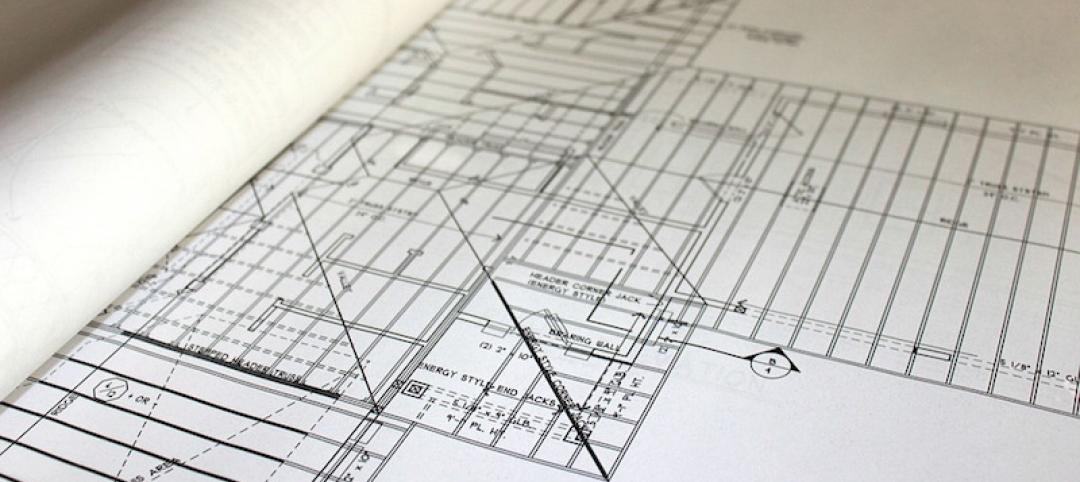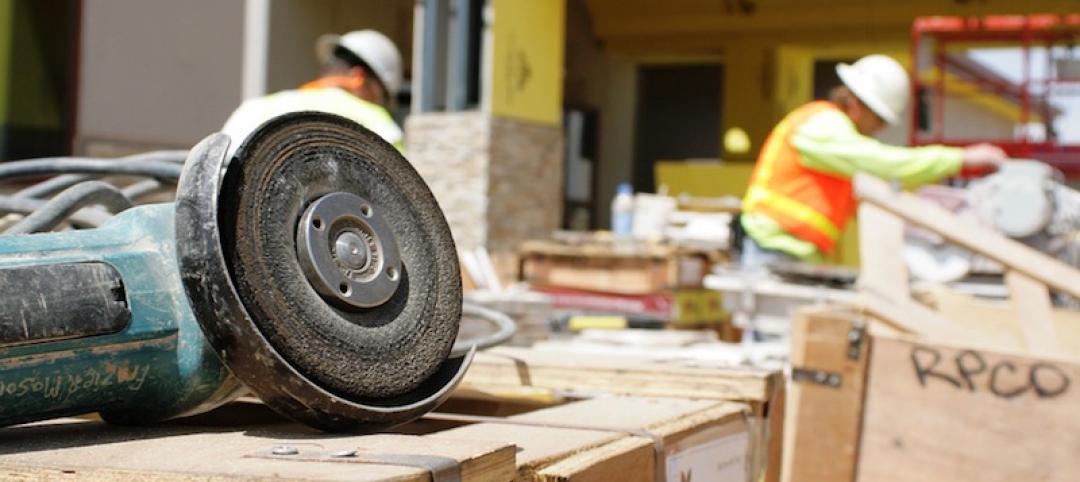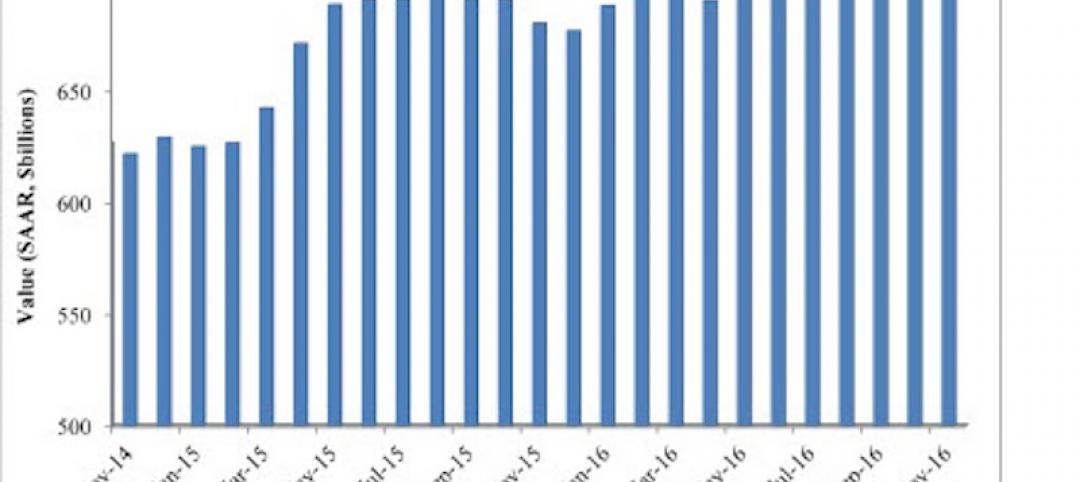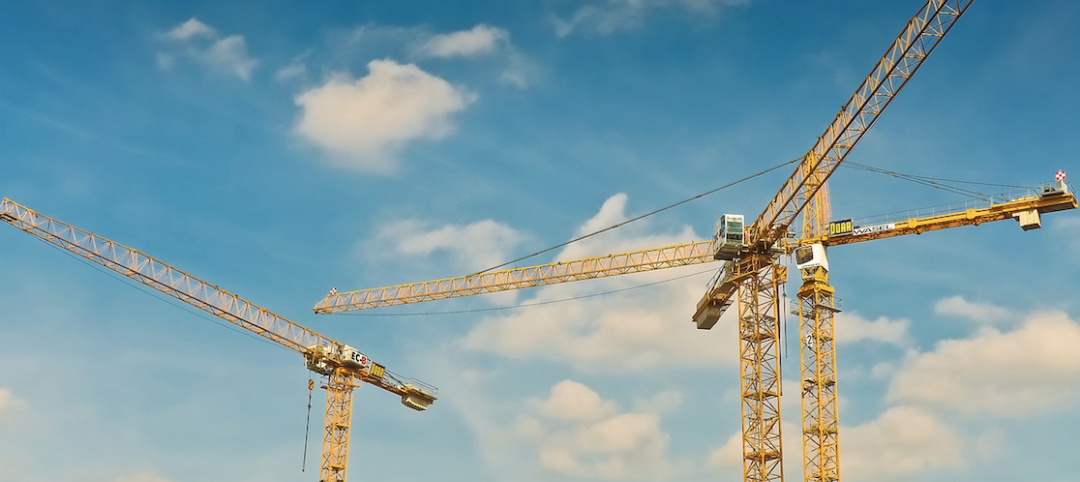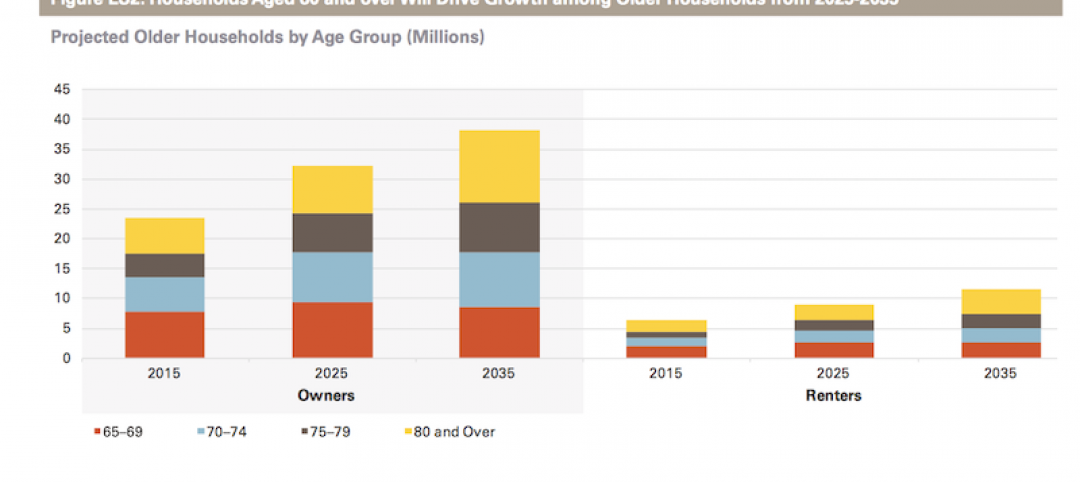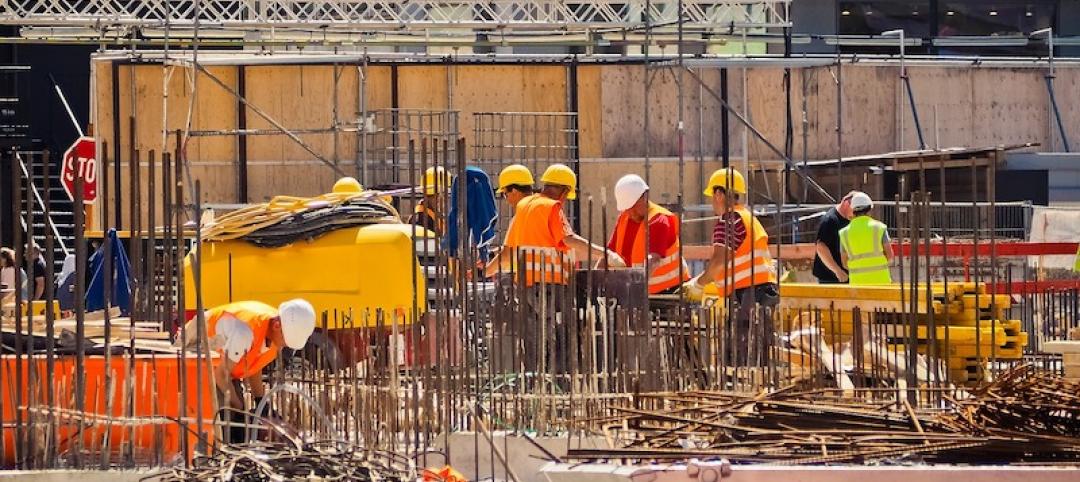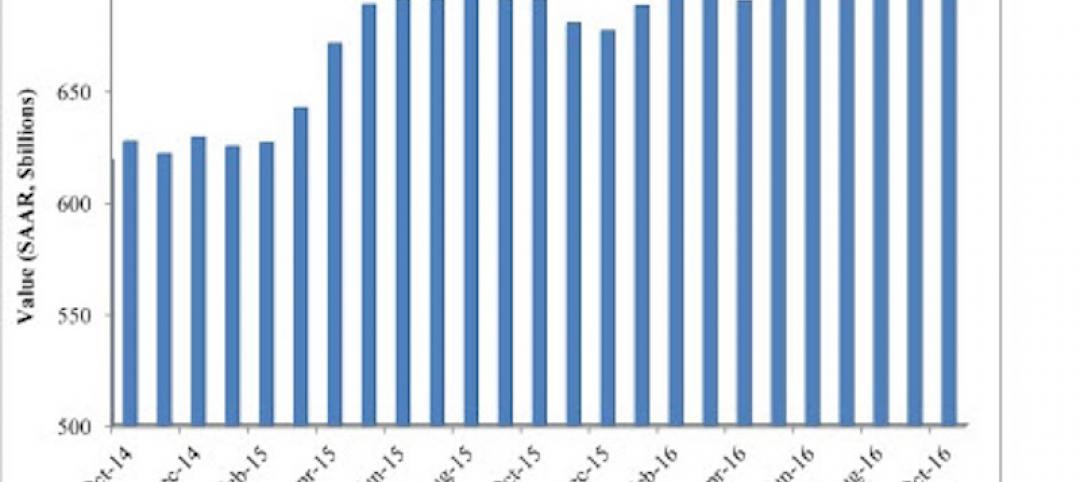Analysts at Lodging Econometrics (LE) report that at the close of the first quarter of 2020*, the top five U.S. markets with the largest total hotel construction pipelines are: Los Angeles with 166 projects/27,752 rooms; Dallas with 164 projects/19,999 rooms; New York City with 152 projects/26,111 rooms; Atlanta with 143 projects/19,423 rooms; and Houston with 132 projects/13,316 rooms.
Nationally, under construction project counts hit a new all-time high with 1,819 projects with 243,100 rooms. Markets with the greatest number of projects already in the ground are led by New York City with 108 projects/18,434 rooms. Atlanta follows with 48 projects/6,002 rooms, and then Dallas with 46 projects/5,603 rooms, Los Angeles with 43 projects/6,851 rooms, and Orlando with 39 projects/9,394 rooms. Collectively, these five markets account for 16% of the total number of projects currently under construction in the U.S.
In the first quarter, Dallas had the highest number of new projects announced into the pipeline with 13 projects/1,461 rooms. Washington DC follows with 8 projects/1,145 rooms, then Phoenix with 8 projects/904 rooms, Los Angeles with 7 projects/1,103 rooms, and Atlanta with 7 projects/774 rooms.
As has been widely reported, the majority of hotels across America are experiencing an extreme decrease in occupancy and some have even closed temporarily. Many companies are using this time to complete updates, plan or start renovations or reposition their assets. LE recorded renovation and conversion totals of 1,385 active projects/232,288 rooms in the first quarter of 2020. The markets with the largest count of renovation and conversion projects combined are Chicago with 32 projects/5,565 rooms, Washington DC with 26 projects/5,491 rooms, Los Angeles with 26 projects/4,271 rooms, New York City with 21 projects/8,151 rooms and San Diego with 21 projects/4,456 rooms.
FOOTNOTE:
*COVID-19 (coronavirus) did not have a full impact on first quarter 2020 U.S. results reported by LE. Only the last 30 days of the quarter were affected. LE’s market intelligence department has and will continue to gather the necessary global intelligence on the supply side of the lodging industry and make that information available to our subscribers. It is still early to predict the full impact of the outbreak on the lodging industry. We will have more information to report in the coming months.
Related Stories
High-rise Construction | Jan 23, 2017
Growth spurt: A record-breaking 128 buildings of 200 meters or taller were completed in 2016
This marks the third consecutive record-breaking year for building completions over 200 meters.
Market Data | Jan 18, 2017
Fraud and risk incidents on the rise for construction, engineering, and infrastructure businesses
Seven of the 10 executives in the sector surveyed in the report said their company fell victim to fraud in the past year.
Market Data | Jan 18, 2017
Architecture Billings Index ends year on positive note
Architecture firms close 2016 with the strongest performance of the year.
Market Data | Jan 12, 2017
73% of construction firms plan to expand their payrolls in 2017
However, many firms remain worried about the availability of qualified workers.
Market Data | Jan 9, 2017
Trump market impact prompts surge in optimism for U.S. engineering firm leaders
The boost in firm leader optimism extends across almost the entire engineering marketplace.
Market Data | Jan 5, 2017
Nonresidential spending thrives in strong November spending report
Many construction firms have reported that they remain busy but have become concerned that work could dry up in certain markets in 2017 or 2018, says Anirban Basu, ABC Chief Economist.
Market Data | Dec 21, 2016
Architecture Billings Index up slightly in November
New design contracts also return to positive levels, signifying future growth in construction activity.
Market Data | Dec 21, 2016
Will housing adjust to an aging population?
New Joint Center report projects 66% increase in senior heads of households by 2035.
Market Data | Dec 13, 2016
ABC predicts modest growth for 2017 nonresidential construction sector; warns of vulnerability for contractor
“The U.S. economy continues to expand amid a weak global economy and, despite risks to the construction industry, nonresidential spending should expand 3.5 percent in 2017,” says ABC Chief Economist Anirban Basu.
Market Data | Dec 2, 2016
Nonresidential construction spending gains momentum
Nonresidential spending is now 2.6 percent higher than at the same time one year ago.




